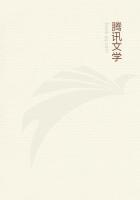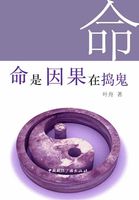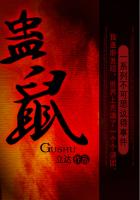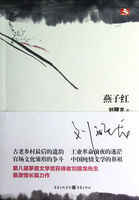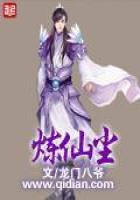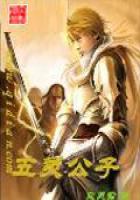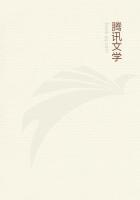To the ancient Greek, or the Roman, the individual was nothing, and the public every thing. To the modern, in too many nations of Europe, the individual is every thing, and the public nothing. The state is merely a combination of departments, in which consideration, wealth, eminence, or power, are offered as the reward of service. It was the nature of modern government, even in its first institution, to bestow on every individual a fixed station and dignity, which he was to maintain for himself.
Our ancestors, in rude ages, during the recess of wars from abroad, fought for their personal claims at home, and by their competitions, and the balance of their powers, maintained a kind of political freedom in the state, while private parties were subject to continual wrongs and oppressions. Their posterity, in times more polished, have repressed the civil disorders in which the activity of earlier ages chiefly consisted; but they employ the calm they have gained, not in fostering a zeal for those laws, and that constitution of government, to which they owe their protection, but in practising apart, and each for himself, the several arts of personal advancement, or profit, which their political establishments may enable them to pursue with success.
Commerce, which may be supposed to comprehend every lucrative art, is accordingly considered as the great object of nations, and the principal study of mankind.
So much are we accustomed to consider personal fortune as the sole object of care, that even under popular establishments, and in states where different orders of men are summoned to partake in the government of their country, and where the liberties they enjoy cannot be long preserved, without vigilanCe and activity on the part of the subject; still they, who, in the vulgar phrase, have not their fortunes to make, are supposed to be at a loss for occupation, and betake themselves to solitary pastimes, or cultivate what they are pleased to call a taste for gardening, building, drawing, or music. With this aid, they endeavour to fill up the blanks of a listless life, and avoid the necessity of curing their languors by any positive service to their country, or to mankind.
The weak or the malicious are well employed in any thing that is innocent, and are fortunate in finding any occupation which prevents the effects of a temper that would prey upon themselves, or upon their fellow-creatures. But they who are blessed with a happy disposition, with capacity and vigour, incur a real debauchery, by having any amusement that occupies an improper share of their time; and are really cheated of their happiness, in bring made to believe, that any occupation or pastime is better fitted to amuse themselves, than that which at the same time produces some real good to their fellow-creatures.
This sort of entertainment, indeed, cannot be the choice of the mercenary, the envious, or the malignant. Its value is known only to persons of an opposite temper; and to their experience alone we appeal. Guided by mere disposition, and without the aid of reflection, in business, in friendship, and in public life, they often acquit themselves well; and borne with satisfaction on the tide of their emotions and sentiments, enjoy the present hour, without recollection of the past, or hopes of the future.
It is in speculation, not in practice, they are made to discover, that virtue is a task of severity and self-denial.
Section IX
Of National Felicity Man is, by nature, the member of a community; and when considered in this capacity, the individual appears to be no longer made for himself. He must forego his happiness and his freedom, where these interfere with the good of society. He is only part of a whole; and the praise we think due to his virtue, is but a branch of that more general commendation we bestow on the member of a body, on the part of a fabric or engine, for being well fitted to occupy its place, and to produce its effect.
If this follow from the relation of a part to its whole, and if the public good be the principal object with individuals, it is likewise true, that the happiness of individuals is the great end of civil society: for in what sense can a public enjoy any good, if its members, considered apart, be unhappy?
The interests of society, however, and of its members, are easily reconciled. If the individual owe every degree of consideration to the public, he receives, in paying that very consideration, the greatest happiness of which his nature is capable; and the greatest blessing that the public can bestow on its members, is to keep them attached to itself. That is the most happy state, which is most beloved by its subjects; and they are the most happy men, whose hearts are engaged to a community, in which they find every object of generosity and zeal, and a scope to the exercise of every talent, and of every virtuous disposition.
After we have thus found general maxims, the greater part of our trouble remains, their just application to particular cases.
Nations are different in respect to their extent, numbers of people, and wealth; in respect to the arts they practise, and the accommodations they have procured. These circumstances may not only affect the manners of men; they even, in our esteem, come into competition with the article of manners itself; are supposed to constitute a national felicity, independent of virtue; and give a title, upon which we indulge our own vanity, and that of other nations, as we do that of private men, on the score of their fortunes and honours.

